detail profile huguette oligny
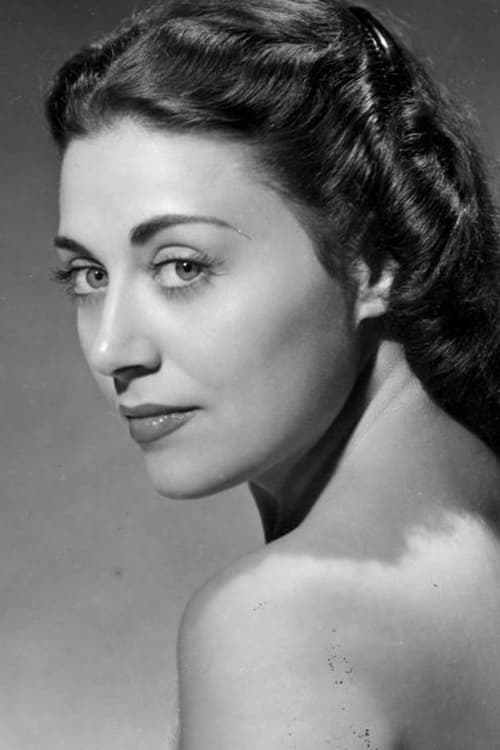
Huguette Oligny
Hugette Oligny
atau dikenal sebagai
Riwayat Hidup
Huguette Oligny (January 31, 1922 - May 9, 2013) was a Canadian actress active in theatre, film and television.
Born in Montreal, Quebec, to a French-Canadian father and French mother, she began her theatrical career in 1939.
Though mostly known for having played the great classics of French theatre she also performed in modern Quebec plays, notably by Michel Tremblay.
She married Gratien Gélinas, a great pioneer of Quebec theatre, in 1973.
Her first marriage to Marcel Alexandre, with whom she had two children, ended in divorce.
In 1984 she was made an Officer of the Order of Canada and was promoted to Companion in 1996.
In 1999 she was made an Officer of the National Order of Quebec.
Source: Article "Huguette Oligny" from Wikipedia in English, licensed under CC-BY-SA 3.
0.
Info Pribadi
Peran Yang Di Mainkan Huguette Oligny
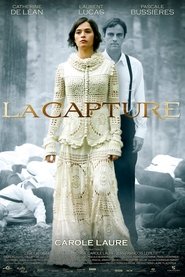 Rose hardly ever tells lies She...
Rose hardly ever tells lies She...The Capture 2007
Rose hardly ever tells lies. She has a natural elegance and sincerity that few 20-year-old girls possess. However, neither her friends nor her boyfriend know about her difficult past. She’s managed to hide it well, even though she is still haunted by her father’s violence.
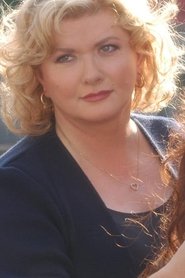 Fortyyearold Joanne Guiberry runs a modest...
Fortyyearold Joanne Guiberry runs a modest...Louise 2005
Forty-year-old Joanne Guiberry runs a modest hairdressing salon in Saint-Pierre-et-Miquelon. Twice a year, at each solstice, she brightens up her rather dull life by meeting up with her lover. Twice a year, on the other side of the sea, on the banks of the immense St. Lawrence River, three hundred thousand snow geese land with a thunderous roar for a few weeks of feasting during their migration. Like a bridge between the time of the solstices and the time of the birds, there is Manon, a twenty-year-old student, and Louise, a large, wounded goose. Louise and Manon, each in their own way, will experience love and give Joanne a new lease on freedom.
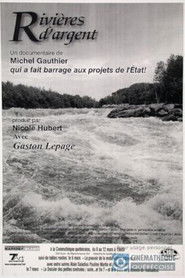 In 2001 the government of Quebec announced...
In 2001 the government of Quebec announced...Silver Rivers 2002
In 2001, the government of Quebec announced a new program to issue permits for the construction of private hydroelectric dams at specific sites. Upset, the population took things into their own hands and decided to act. Citizens formed collectives to protect their waterways, among the most beautiful in the province. This documentary follows several artist and citizen groups who led a crusade to force the Québec government to abandon private hydro-electrical production. It is a thorough inquiry on the environmental impact and other repercussions of such projects.
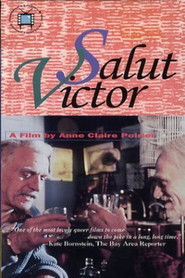 Friendship between two old men becomes...
Friendship between two old men becomes...Bye Bye Victor 1989
Friendship between two old men becomes love. Slightly-unkempt, tired, and frail, Philippe Lanctot moves into a rest home. The administrator says she wants him to be happy, but that seems far from his mind: he's waiting to die. Then, into his room, unannounced, rolls the voluble Victor Laprade, who draws out Philippe over the next few months. Victor gives Philippe the gift of experiencing the moment. In return, the well-heeled Philippe organises field trips to dinner and to a botanical garden, and, unknown to Victor, becomes the man's benefactor when Victor's children get stingy. The openly-gay Victor also pushes Philippe to acknowledge feelings he's always kept suppressed.
 A writer Kamouraska is based on...
A writer Kamouraska is based on...Kamouraska 1973
A writer, Kamouraska is based on a real nineteenth-century love-triangle in rural Québec. It paints a poetic and terrifying tableau of the life of Elisabeth d'Aulnières: her marriage to Antoine Tassy, squire of Kamouraska; his violent murder; and her passion for George Nelson, an American doctor. Passionate and evocative, Kamouraska is the timeless story of one woman's destructive commitment to an ideal love.
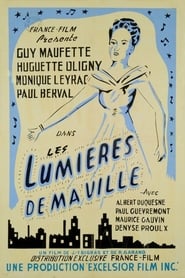 A beautiful country girl and a...
A beautiful country girl and a...Les lumières de ma ville 1950
A beautiful country girl and a seductive nightclub singer vie for the same good-looking man.

 Four young women are participating on...
Four young women are participating on...
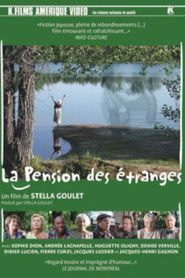
 A Romanian immigrant uses good food...
A Romanian immigrant uses good food... 30yearold Quebec City native Gisle lives...
30yearold Quebec City native Gisle lives...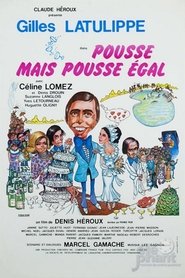
 A man obsessed with his awardwinning...
A man obsessed with his awardwinning...